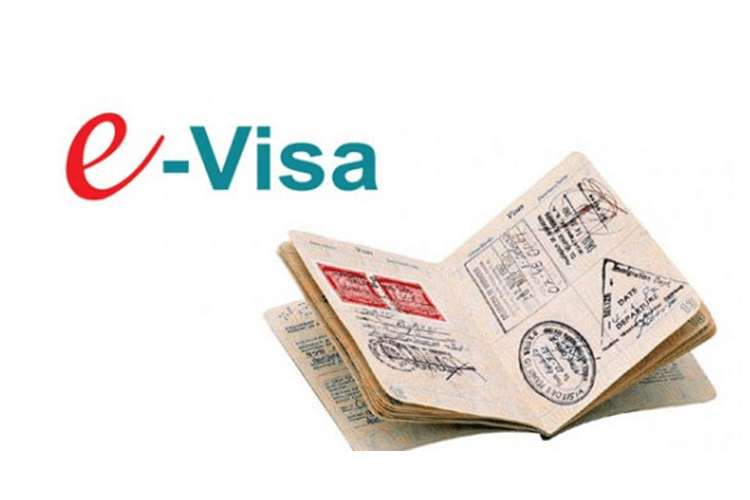Traveling between countries is an essential issue in our current global structure, traveling between countries and territories can have a lot of reasons such as to conduct business, to work, to visit and to study.
Having a valid travel document which can be in the form of a passport is the core requirement of traveling from one area to the other, it is issued by the country’s government to its citizens as an identification document which certifies their status as citizens of this country, and as these passports are used for international travel between countries, many jurisdictions are currently implementing the biometric passports that are machine-readable and can facilitate the process of verification of government officials during international travel.
Clearance and entrance from one country to another one usually depends on the political situation and visa agreements these countries, as many of them allow holders of certain passports to enter their country without requiring a visa, and other countries require a travel visa to be able to set foot in their jurisdiction, and in this article we will explain the definition of a Travel Visa and the types of Visas that can be issued for international travel.
A Visa, is a conditional authorization that is granted by a country to a foreigner, to allow them to enter and remain and then leave this country within a specific period of time, applicants are generally required to apply for a visa application at the nearest embassy or consulate of that country, where they provide the required information, such as the purpose of their visit, their financial capability, and connections, and accordingly will be granted a visa which can be as a sticker or a stamp on their passports, another method of obtaining the visa is the Electronic Visa (E-Visa), which is applied for and issued through the internet and computer-based programs and communication tools which store the passport-linked visa and it then can be printed or stored in a mobile phone.
Visa on Arrival (VOA), on the other hand, are travel authorizations that are granted and issued at the port of entry to the country, as information is collected from applicants and visas are issued for them before proceeding to immigration control.
Obtaining an E-Visa or normal visa types can be an inconvenience of many travelers due to their nationalities and the limitations of travel within their passports, a lot of countries are now offering individuals the opportunity to obtain their nationality and accordingly their passports by investment in order to enjoy the visa-free opportunities which these nationalities provide, examples of such countries are the Caribbean countries such as Dominica and Saint Kitts and Nevis and European countries such as Cyprus and Malta.










